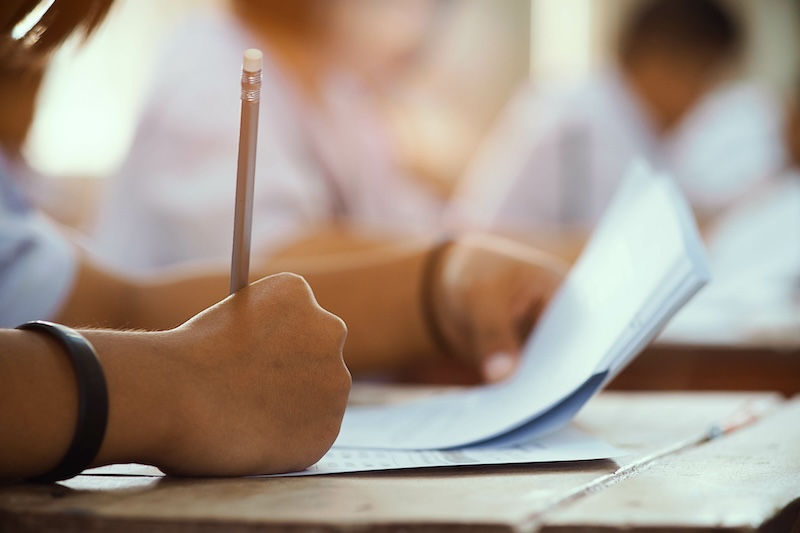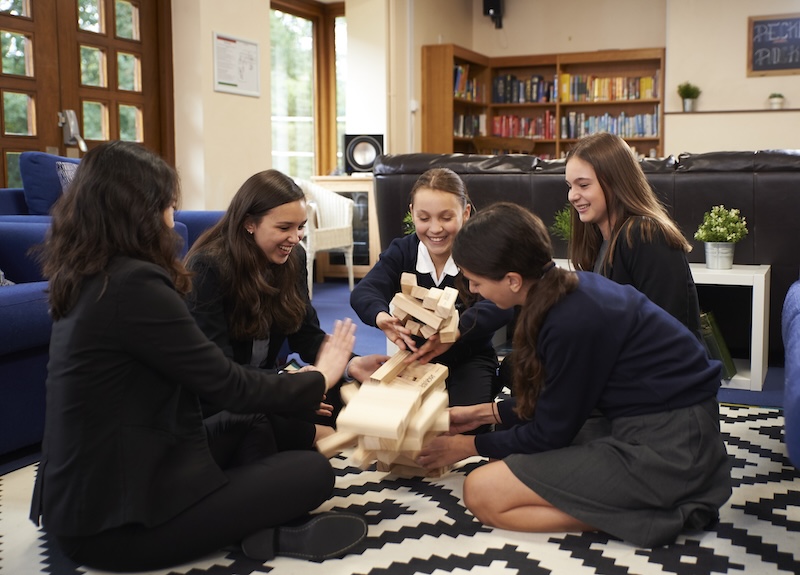Students caught with phones in exams has doubled, teachers warn: top hacks for studying smarter not sneakier
Posted on 23rd May 2024 in School News, Exams
The number of students bringing phones into exams has doubled since 2018, and with GCSEs currently being written, this is concerning. According to Eddie Falshaw, Acting Head of Leighton Park School, students should channel their energy into effective and useful tactics for not only getting through exams but achieving results they’re happy with:
It is worrying to see that since 2018, the number of students caught bringing mobile phones and other prohibited devices into exams has almost doubled.
If found with a phone during an examination and suspected of cheating, the consequences can be serious and far-reaching. Exam results can be nullified, or, in more severe cases, the student could be disqualified from all subjects.
Schools will likely impose their own disciplinary action such as suspension or expulsion. But further to these immediate consequences, students caught cheating jeopardise their chance of educational opportunities beyond secondary school and could have any scholarships revoked or become ineligible to apply at all.
We can all empathise with the stress and anxiety that comes with exam season, but cheating is never the answer. Students should channel their energy into effective and useful tactics for not only getting through exams but achieving results they’re happy with.

The first tip is for students to avoid studying on their beds. The bed should first and foremost be a place of rest, and studying here could impact a student’s ability to relax come time for sleep. Poor lighting and improper back support are also likely to make students less productive in their studies.
Ideally, a clutter-free desk setup with minimal distractions is best for effective study, but any quiet area with plenty of table space can work. Some students may benefit more from visiting a library or agreeing to use the school facilities after hours if the home environment is not conducive to productivity.
Procrastination can be the biggest killer to a productive study session, with students often feeling too overwhelmed to begin studying. But just like an athlete needs to stretch ahead of a big race, so too does the brain benefit from a warm-up. Start with five to ten-minute portions of revision or check off a few small tasks to exercise your brain before diving into intense revision.
Students should also avoid relying on the same monotonous revision techniques. Switch it up by creating flow tables, graphs, acronyms and mind maps as a clever way to engage the mind, helping information to stick while exercising creativity at the same time.
Another way to help information stick is to engage in conversation with family members or fellow students about study topics. It can be easy to get bogged down with specific terminology when reading textbooks but explaining topics to friends and family in an easy-to-digest way will make complex subjects far easier to remember.

Finally, students should be mindful of comparing themselves to their fellows. Everyone moves at their own pace and comparison is a futile task more likely to cause anxiety than be helpful.
Parents have a role to play here too by encouraging their children to eat healthily, drink plenty of water and get enough sleep during the exam period. Research has shown healthy habits and good sleep can reduce cortisol levels and help us cope with stressful events.